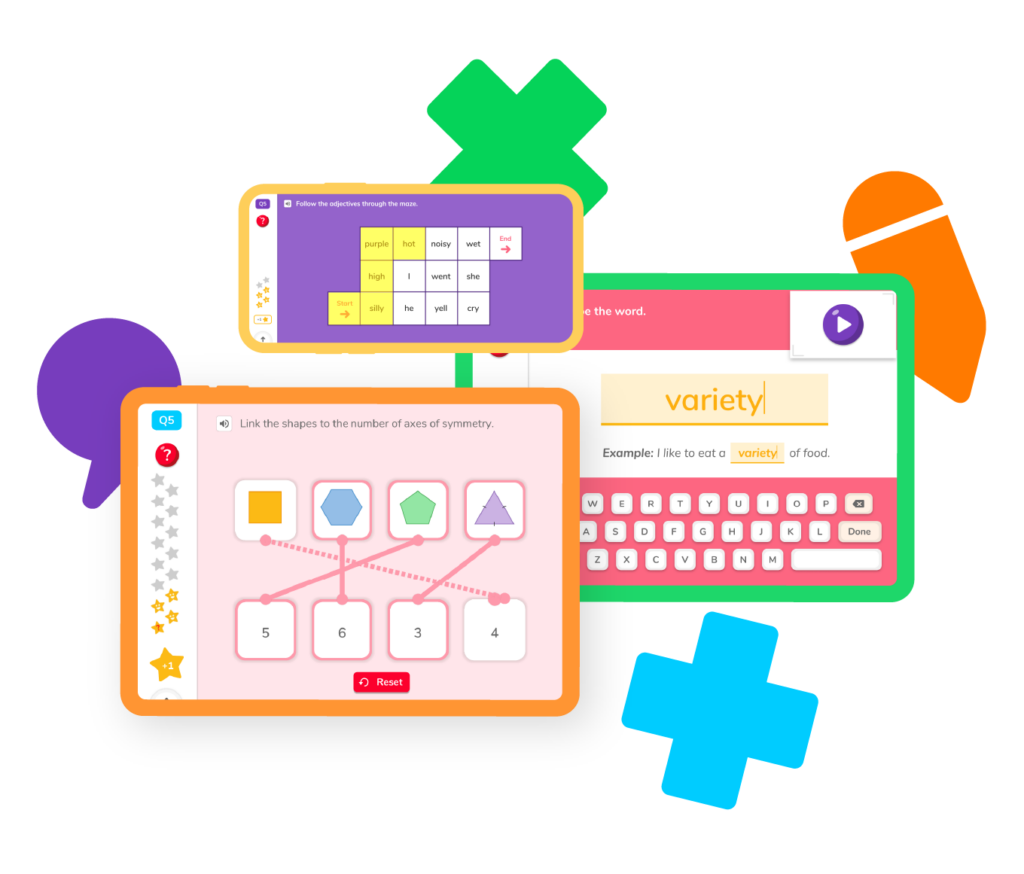What if mastering primary school maths skills was fun, engaging, and effective? At DoodleLearning it can be. Our mission is to equip parents with the tools they need to help their pupils grow in confidence and ability. From step-by-step skill guides to breaking down the National Maths Curriculum by Year Group, our maths resources provide the support you need to help your child excel at maths.

If you’re a parent struggling to help your child with maths homework or understanding the objectives for KS1 and KS2 maths, these guides are for you.
Use our parent-friendly guides to explain crucial maths skills to your child step-by-step.
Get age-appropriate tips from real-world teachers on how to help your child with maths.
Whether you are gearing up for the KS2 maths SAT paper or studying for KS1 maths SATs, we’ve got you covered.
Use our parent-friendly guides to explain crucial maths skills to your child step-by-step.
Get age-appropriate tips from real-world teachers on how to help your child with maths.
Whether you are gearing up for the KS2 maths SAT paper or studying for KS1 maths SATs, we’ve got you covered.
The first thing we recommend is talking to your child’s teacher. They may have additional resources that can help your child better understand the concepts they’re learning in class.
We also suggest engaging with online platforms like DoodleMaths daily to help sharpen maths skills and offer practice in a low-stakes environment. This allows your child to build confidence without the added pressure of getting a good mark.
Finally, if your child continues to struggle, don’t hesitate to look into private tutoring. There are many companies and individuals that offer private maths tutoring. Consider asking students in upper grades if they would tutor your child as a part-time job.
Select a year group
There are a few things that set us apart from other maths websites. For one, all of our content is produced by real educators and tutors who’ve taught real students. For another, we take a parent-centric approach. We want to equip parents with the tools needed to confidently assist their children with maths!
Several studies have shown that supplemental activities, online maths games, and, additional practice problems help students retain the information they learn in class. And what better way to grow a love for learning than to make it fun and exciting?

Parents, sign up for a DoodleMaths subscription and see your child become a maths wizard!

Book a chat with our team
If you’d like to use Doodle’s browser version, please visit this page on a desktop.
To log in to Doodle on this device, you can do so through our apps. You can find out how to download them here: